
Home Addition
Pembroke + Hanover, MA Home Additions Guide
11.11.2025

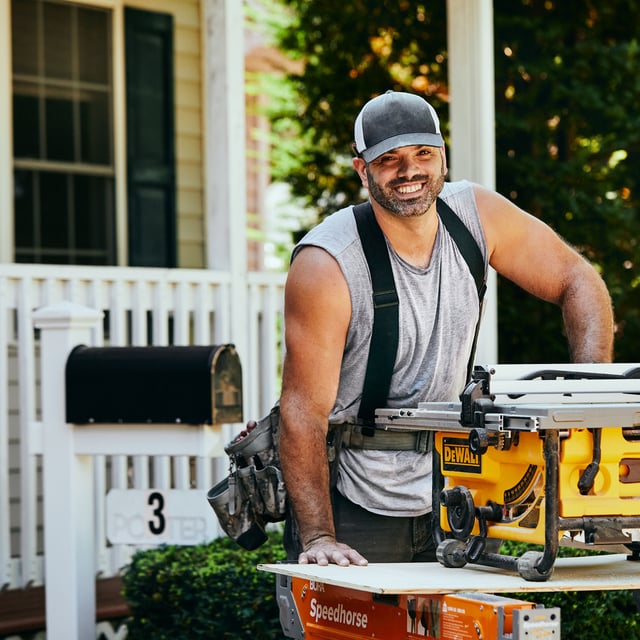
In This Article
Home renovation in Boston isn't just about picking a paint color or debating the merits of quartz versus marble countertops; it's practically an art form that requires a deep appreciation for triple-deckers, brickwork, and maybe a little bit of lobster roll-fueled stamina.
If you're looking to renovate in Boston, you're not just up against outdated wallpaper and squeaky floorboards—you're contending with some of the country's quirkiest regulations, unique historical styles, and weather that can't make up its mind.
This guide is here to help you navigate all of it, from navigating Boston's permitting maze (yes, it's a maze) to understanding what works in Beacon Hill versus Back Bay.
Whether you're a homeowner tackling a fixer-upper or a seasoned renovator with dreams of restoring a Victorian to its former glory, this Boston remodeling guide has you covered. Along the way, we'll dive into Boston-specific trends, offer renovation tips for maintaining that New England charm, and make sure you avoid the classic pitfalls—like assuming a 200-year-old foundation is "probably fine."
So, grab your Dunkin' iced coffee (even in the winter, let's be real), and let's demystify the home renovation Boston process, one beam, permit, and shingle at a time. After all, in a city where history is everywhere, your home deserves to be a part of it too.
Get matched with Block-vetted Boston contractors

Mark
MRCR DBA Quality Contracting 4.5

Ion
Art Deco Enterprises 4.6

Alberto
XP Contractors Inc 5.0

Isli
SABI Construction USA Inc 5.0

Sanuar
A Better Plus Construction Inc 4.6

Sara and Ernesto
American Precision Developers LLC 4.8

Mladen
Petarson Renovations 5.0

Elias
Big Foot Contracting 4.5

Steven
Terranova Construction 5.0

Gad
Golden State Designs 4.9

Leonardo
Andes Project Contractor Corporation 4.5

Juan
Fancy Construction 4.9

Joseph and Anca
QB Construction Inc 5.0

Piotr
Peter Renovations Inc 4.8

Harold
AAA Construction Services, LLC 5.0
Boston's homes are as diverse as its neighborhoods, from historic gems that whisper tales of the past to sleek, modern spaces that embrace today's trends. Whether you're drawn to timeless Colonial charm or the practicality of a triple-decker, understanding Boston home styles is key to a successful renovation. Dive into this guide to learn about the city's most iconic housing options and how to tackle your Boston house renovations with confidence.
Boston practically wrote the book on Colonial-style homes. These gems, often dating back to the 1700s or early 1800s, are the poster children for American history. Think symmetrical designs, central chimneys, and windows that look like they've been neatly arranged by a perfectionist with a ruler. Renovating one of these beauties? You'll want to tread carefully.
Not only might you find yourself unearthing original wooden beams or wide-plank floors (score!), but you'll also need to consider preservation guidelines. The city takes its history seriously, so don't go slapping vinyl siding on a house that could have hosted Paul Revere's book club. Restoring a Colonial-style home means balancing old-world charm with modern convenience—a challenge but one worth taking for a timeless Boston look.
If colonial homes were all about restraint, Victorian-era houses would be the exact opposite. These grand ladies of the late 19th century are all about flair: ornate trim, colorful exteriors, and those iconic bay windows that are perfect for your fiddle leaf fig. But renovating a Victorian is no small task.
Intricate details mean meticulous work, and updating these homes for modern living (hello, central air!) without losing their charm takes some creativity—and a budget that can stretch for surprises. Restoring stained glass windows? Worth it. Fixing an unexpected turret leak? Less fun. But the result? A home that feels like stepping into a storybook.
Ah, the triple-decker: Boston's answer to efficient urban housing. Built in the early 20th century, these three-family homes are the workhorses of the city, combining practicality with just enough style to keep things interesting.
Renovating a triple-decker usually comes with its own set of questions, like: "Do I want to be the cool landlord, or just rent it out to grad students?" These homes often need updating in the plumbing, electrical, and energy efficiency departments, but they also offer incredible potential.
Bonus? That classic stacked porch setup is a goldmine for summer evenings filled with Red Sox debates and the occasional iced tea. Or, let's be real, a Sam Adams.
For those who prefer sleek lines and zero mystery pipes, modern condos are the way to go. These homes, often built in recent decades, offer all the convenience of contemporary living—think open floor plans, oversized windows, and kitchens designed for Instagramming your latest sourdough attempt. Renovating a condo in Boston typically involves less historical preservation and more negotiations with your HOA. Want to knock down that wall for an even bigger living room? Better check with the condo board first. Still, these spaces offer an excellent opportunity to add a personal touch without the headaches of century-old plumbing.
Renovating in Boston isn't for the faint of heart—or the impatient. Between Boston renovation permits, zoning laws, and historic preservation rules, you might feel like you need a law degree just to update your kitchen. But don't worry; we've got you covered with everything you need to know about navigating the city's infamous red tape (and yes, there will be plenty).
First things first: if you're planning a home renovation in Boston, you'll need permits. A lot of permits. Even if you're just adding a deck or redoing the bathroom, chances are Boston zoning laws will have something to say about it.
These rules dictate everything from how tall your home can be to how far it must sit from the street. Don't think you can skip this step—unpermitted work can lead to hefty fines and even being forced to undo your hard-earned improvements.
Pro tip: double-check your neighborhood's zoning requirements before you start dreaming of that rooftop garden.
The ISD is your go-to for all things permits, and let's just say they're thorough. You'll need to submit plans, answer questions, and probably answer the same questions again. The key is to be patient and organized. And while waiting in line at the ISD can feel like an eternity, it's nothing a good podcast and some Dunkin' can't fix. Once your permits are approved, though, you'll feel like you've won the Boston Marathon—minus the blisters.
If you're lucky enough to own a home in one of Boston's historic neighborhoods—Beacon Hill, Back Bay, or the South End—you'll need to work with the city's preservation committees. These groups exist to make sure your renovations maintain the area's historic character. Translation: don't try to install neon siding or replace those original windows with something cheap. These rules may feel like a hassle, but they're why Boston still looks like Boston, not just another cookie-cutter city. Plus, sticking to historic preservation guidelines often adds value to your home, so it's a win-win (eventually).
Boston home renovation restrictions are a grab bag of challenges. Thinking of adding a third floor? Better check the height limits. Want to build out your backyard? You'll need to meet setback requirements. And don't even get us started on parking regulations—yes, your shiny new garage might need to fit within a lot size formula that only a math major can decipher.
These restrictions are designed to keep neighborhoods looking cohesive and prevent overdevelopment, so while they might slow you down, they're not just there to make your life harder.
Renovating in Boston can be as rewarding as it is challenging. Setting a realistic remodeling budget helps you manage costs while ensuring your project stays on track, no matter the scope.
Renovation costs in Boston vary widely depending on the project. From upgrading a kitchen to overhauling an entire home, understanding average expenses helps you plan effectively and avoid sticker shock.
Kitchen renovation
Kitchen renovations in Boston are a big-ticket item, with costs averaging between $25,000 and $75,000 depending on the scale and finishes. A modest update might include stock cabinets and basic countertops, while a high-end remodel could feature custom cabinetry, marble counters, and top-of-the-line appliances. The key is knowing where to splurge (hint: durable countertops) and where to save (do you really need a wine fridge and a warming drawer?).
Bathroom remodel
Bathroom remodels are the secret weapon of Boston renovations—low square footage, high return on investment. Costs range from $10,000 for a simple facelift to $30,000 or more for luxe upgrades like heated floors or spa-style showers. Just don't forget practical details like ventilation, especially in Boston's humid summers. A bathroom that looks great but traps steam? That's a mold magnet waiting to happen.
Full home renovation
Going all-in with a full home renovation? In Boston, that means a budget of $100,000 to $500,000, depending on the size and scope. Older homes often reveal hidden challenges, from outdated wiring to crumbling foundations. Tackling a historic property? Factor in extra costs for preservation requirements, like repairing original windows or matching century-old woodwork. It's worth it to keep that Boston charm intact.
Renovations rarely go exactly as planned—especially in Boston. Always add 10–20% to your remodeling budget for unexpected expenses. Found a surprise under the floorboards? Whether it's a structural issue or an antique penny collection, these hidden costs can add up quickly. Planning for contingencies ensures you won't blow your budget when the unexpected inevitably happens.
Renovating in Boston can be a big investment, but the right financing options can make it more manageable. From leveraging your home's equity to exploring local grant programs, there are plenty of ways to fund your dream renovation without breaking the bank.
Home equity loans
Home equity loans are a go-to option for financing Boston renovations. They offer competitive interest rates and fixed payments, making them a practical choice if you've built significant equity in your home. Pro tip: shop around for lenders to find the best terms, and make sure the loan amount aligns with your remodeling budget Boston goals.
Local grant programs for historic preservation
If you're renovating a historic Boston home, you might qualify for local grant programs to help offset costs. These programs are designed to maintain the city's architectural heritage and can provide funding for specific restoration projects like repairing original features or maintaining historically accurate exteriors. Check with Boston's historic preservation office to explore your options.
By understanding Boston renovation costs, planning for surprises, and leveraging financing options, you can create a remodeling budget that works for your goals—and ensures your home stands out in this one-of-a-kind city.
The secret to a smooth home renovation in Boston? Finding the right people to make it happen. Whether you're updating a brownstone in Back Bay or adding some flair to a triple-decker in Dorchester, choosing the best renovation contractors Boston has to offer is essential. Remodeling your Boston basement? Reconfiguring your kitchen? You'll want a contractor experienced with these types of projects, specifically. But let's face it: the hunt for Boston remodeling professionals can feel like online dating—minus the swipe feature and with way more at stake.
Turn your renovation vision into reality
Get matched with trusted contractors and start your renovation today!
Find a Contractor
Start by asking around. Boston is the ultimate small-town big city, which means someone you know probably has a recommendation. Whether it's your neighbor, coworker, or the guy who makes your Dunkin' order every morning, word of mouth is gold when finding the best renovation contractors in Boston.
Once you've got a few names, do some digging. Check reviews online, but read between the lines—one bad review doesn't make a bad contractor, but a pattern of complaints about missed deadlines might.
Ask for references, and don't be shy about following up. A reputable contractor will have happy clients willing to sing their praises.
Another key? Look for Boston remodeling professionals who know the quirks of the local market. From navigating the city's tight spaces to handling zoning laws, a contractor with Boston experience is like hiring a tour guide who knows the shortcuts.
Not all contractors are created equal. Some will promise you the world and deliver, well, something closer to a college dorm room. Here are the biggest red flags to look out for:
Boston's weather isn't just a conversation starter; it's a renovation dictator. One day, you enjoy crisp fall air; the next, you battle snowbanks taller than your toddler. Understanding how the seasons affect your Boston renovation timeline is key to planning a smooth project.
Let's be honest—Boston weather can be a real diva. Winter? Forget about pouring concrete or doing major roof work unless you enjoy icy delays and contractor cancellations. Summer? Great for exterior work, but be prepared for the occasional heatwave that might slow things down. Spring and fall are prime renovation seasons, with milder weather making tackling interior and exterior Boston home projects easier. Just remember: in Boston, "mild" is relative.
Exterior projects like siding, roofing, and landscaping are best tackled from late spring to early fall. Why? Because no one wants to install shingles during a Nor'easter. Interior projects, on the other hand, are more forgiving. Winter is perfect for remodeling your kitchen or giving the bathroom a facelift, especially when you'd rather be warm and productive indoors.
Renovating in Boston means more than just picking paint colors—it's about navigating the quirks of iconic neighborhoods like Back Bay, Beacon Hill, and the South End. These areas are dripping with charm and history, but they also come with unique challenges that can make your renovation feel like a scene from a Boston-based sitcom.
Each Boston neighborhood has its own vibe—and its own set of rules. Renovating in Beacon Hill? Get ready to embrace strict architectural guidelines that protect the area's historic character. Those gas lamps and cobblestone streets aren't going anywhere, and neither are the preservation committees ensuring your remodel respects the past.
In Back Bay, you might encounter height restrictions or mandates on materials to keep that uniform brownstone charm alive. South End remodeling? Expect a mix of modern and historic influences, with plenty of input on keeping the neighborhood's artsy edge intact.
If you think neighborhood associations are just about potlucks and block parties, think again. In Boston, these groups have real power over your renovation plans. They'll review proposals, ensure compliance with local guidelines, and might even veto your dream color palette if it clashes with the area's aesthetic. While it can feel like jumping through hoops, their goal is to keep your neighborhood looking like, well, your neighborhood.
Renovating your home in Boston doesn't have to mean trading history for high energy bills. With sustainable renovation tips, you can upgrade your space while keeping it eco-friendly—and maybe even save some cash along the way. Whether it's insulating against Boston winters or finding green-certified contractors, here's how to make your home both stylish and sustainable.
Energy-efficient homes in Boston are not just trendy; they're practical. Between our sweltering summers and freezing winters, smart upgrades can make a big difference.
Insulation upgrades for Boston winters
Boston winters are not for the faint of heart—or poorly insulated homes. Updating your insulation is one of the easiest ways to boost energy efficiency and keep heating costs in check. Look for eco-friendly options like cellulose insulation made from recycled materials. Bonus: you'll stay cozy without blasting the heat 24/7.
Solar panel installation
Ready to harness Boston's 200-ish sunny days a year? Solar panels are a great way to make your home more energy-efficient. While the upfront costs can be steep, tax credits and long-term savings make them worth considering. Plus, you'll get bragging rights as "that neighbor" with the solar-powered house.
Not all contractors are created equal—especially when it comes to eco-friendly remodeling in Boston. Look for green-certified contractors who specialize in sustainable building practices. These pros can recommend materials, designs, and techniques that reduce waste and improve energy efficiency. A contractor who knows how to make your project eco-friendly is worth their weight in reclaimed wood.
Good news: the government wants to help you go green. Boston homeowners can take advantage of grants and tax credits for energy-efficient home improvements. Programs like Mass Save offer rebates for things like new windows, efficient heating systems, and insulation upgrades. Be sure to do your research and claim those benefits—it's like free money for doing the right thing.
Renovating a home in Boston comes with its own unique challenges—and plenty of opportunities to make mistakes. From skipping permits to hiring the wrong people, your choices can make or break your project (and maybe your sanity). Here's how to avoid the most common Boston renovation mistakes and set yourself up for success.
We get it—permits and inspections sound about as fun as sitting in rush hour traffic on the Pike. But skipping them is one of the biggest remodeling errors in Boston. The city takes its rules seriously, and unpermitted work can lead to hefty fines or even having to undo your hard work. Plus, permits ensure your project is safe and up to code. Want to knock down a wall or redo the electrical? Get the permits. Trust us, it's worth avoiding a showdown with Boston's Inspectional Services Department.
If you're renovating a home in one of Boston's historic neighborhoods, you'll want to brush up on preservation laws. The city is passionate about maintaining its architectural charm, and any changes you make will likely need to align with these regulations. Thinking about swapping out those 19th-century windows for vinyl ones? Think again. Ignoring these laws can lead to fines and frustrated neighbors who really care about their cobblestones.
Boston isn't just any city—it's Boston. Hiring out-of-town contractors who don't know the ins and outs of local regulations is a recipe for disaster. Boston remodeling professionals understand the city's quirks, from narrow streets to zoning codes. They'll also know how to handle the unique challenges that come with historic homes and densely populated neighborhoods. Save yourself the headaches and hire local.
Boston's weather isn't exactly forgiving, and overlooking weather-proofing during a renovation is a rookie mistake. Weather-proofing is essential, whether it's insulation for those bitter winters or proper drainage to handle those sudden spring downpours. Skimping here could leave you dealing with drafts, leaks, or worse. Pro tip: if you're redoing your roof, make sure it's ready to handle a Nor'easter or two.
Renovating your Boston home can feel like orchestrating a symphony—except instead of violins, you've got drywall, paint cans, and a contractor who just realized the measurements were in inches, not feet. To avoid chaos, nailing the logistics is key. Here's how to keep your project running like a well-oiled (or at least decently greased) machine.
Boston isn't exactly known for its sprawling properties. Whether you're in a triple-decker or a historic brownstone, limited space can make renovations feel like a real-life game of Tetris. To navigate this, prioritize organization. Create a clear plan for where materials will go, where the crew can work, and—most importantly—where you'll stash yourself while the chaos unfolds.
Pro tip: talk to your neighbors ahead of time if you'll be monopolizing the curb with construction vehicles. Nothing sours a relationship faster than blocking someone's parking spot.
Managing material deliveries can be tricky in a city where double parking is practically a pastime. Coordinate with your contractor and suppliers to schedule deliveries during off-peak times. If possible, arrange for a spot close to your home where materials can be temporarily stored without causing a neighborhood mutiny. And remember: the faster you unload that pallet of tile, the less likely it is to end up with a parking ticket.
Renovating often means playing musical chairs with your furniture. Renting a storage unit is a solid option, especially if your project involves multiple rooms. For smaller renovations, consider storing items in an unused part of the house or borrowing space in a friend's garage (just promise to return the favor someday). Keep valuables like family heirlooms or irreplaceable Red Sox memorabilia well-protected—it's not worth the risk of a rogue ladder mishap.
Renovations create debris—lots of debris. From old drywall to leftover tile, coordinating waste disposal is a must. Check with your contractor to ensure they have a plan, or rent a dumpster for the project's duration. Be aware of local rules—Boston's strict about how and where debris can be dumped. And don't forget about recycling! Materials like metal and wood can often be reused or recycled, keeping your project more eco-friendly (and earning you some extra karma points).
Renovating your Boston home is an exciting journey, but it's not without its challenges. From managing tight spaces and navigating historical preservation laws to balancing modern updates with Boston's architectural charm, there's a lot to juggle. But with careful planning and the right team of experts, your dream renovation is within reach.
Let's recap the key points. First, understanding your home's style is essential—whether it's a Colonial, Victorian, triple-decker, or modern condo. Each type comes with its own quirks and guidelines, especially in neighborhoods where historic preservation is taken seriously. Next, tackling renovation logistics—like managing material deliveries, finding storage for furniture, and coordinating debris removal—can make or break your project's timeline.
And let's not forget the importance of permits and inspections. Skipping these steps isn't just risky; it can lead to costly setbacks. Lastly, sustainability matters. Incorporating energy-efficient features, working with green-certified contractors, and exploring grants for eco-friendly updates can help you save money while reducing your environmental impact.
The most important takeaway? Plan carefully and work with local experts. Boston's unique neighborhoods, zoning laws, and weather patterns require contractors and designers who know the city like the back of their hands. Hiring professionals with local expertise ensures your renovation will respect the area's character, meet regulations, and stay on schedule. Plus, their familiarity with Boston's quirks means they'll anticipate issues you might not even know to expect.
Ready to get started? Take advantage of the many resources available to Boston homeowners. Whether you need a trusted contractor or advice on sustainable updates, you're not alone. Block Renovation connects you with the best local experts who can bring your vision to life. Explore your options today and take the first step toward a smooth, successful renovation combining Boston's rich history and modern living. Your dream home is just a click away.

Written by Jordi Lippe-McGraw
Jordi Lippe-McGraw
What permits do I need for a home renovation in Boston?
How do I find a contractor experienced in Boston's historic homes?
What are the average costs for renovating a kitchen in Boston?
Can I renovate during the winter in Boston?
Are there grants or incentives for sustainable renovations in Boston?

Renovate confidently with Block
Easily compare quotes from top quality contractors, and get peace of mind with warranty & price protections.
Thousands of homeowners have renovated with Block

4.5 Stars (100+)

4.7 Stars (100+)

4.5 Stars (75+)

Home Addition
Pembroke + Hanover, MA Home Additions Guide
11.11.2025
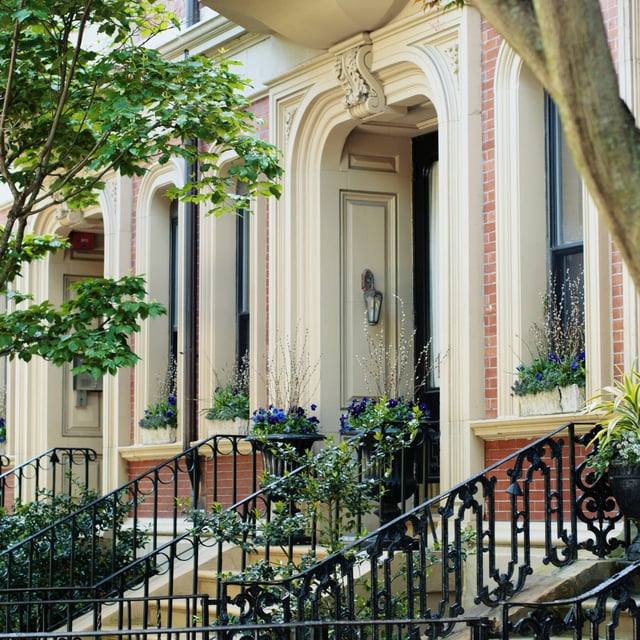
Boston
Interior Design Ideas for Boston Townhouse Remodels
09.18.2025
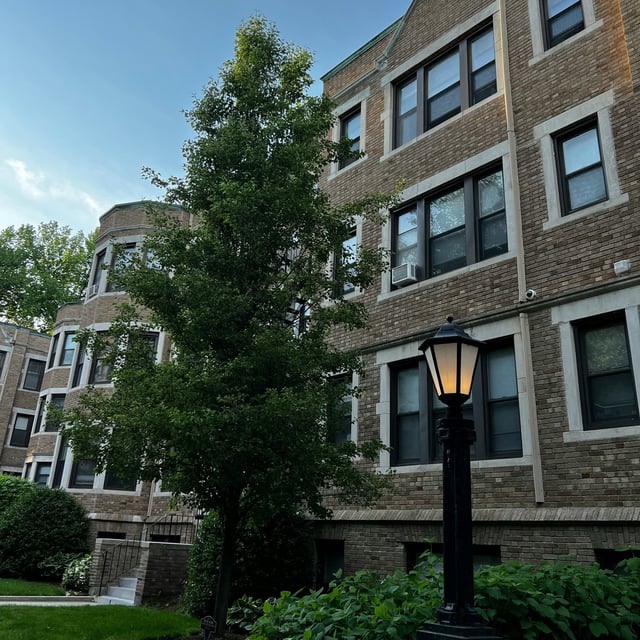
Boston
Brookline Home Remodel: Contractors & Local Tips
08.18.2025
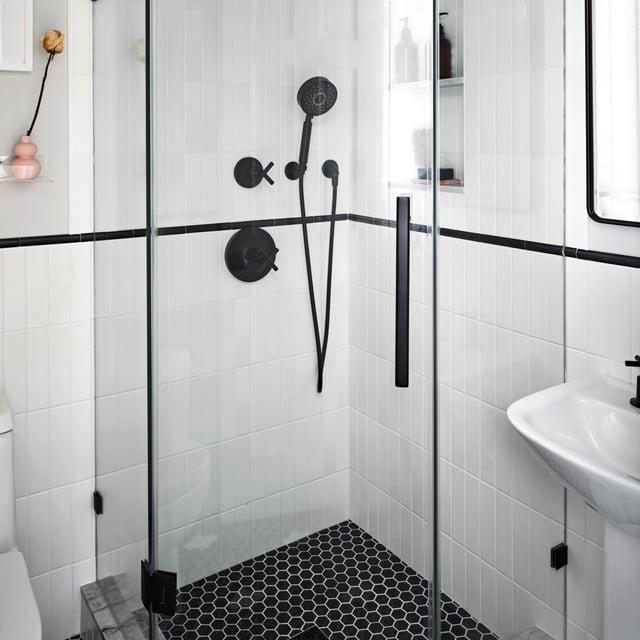
Contractors
Half Bathroom to Full Conversion: Costs, Permits & Designs
08.02.2025
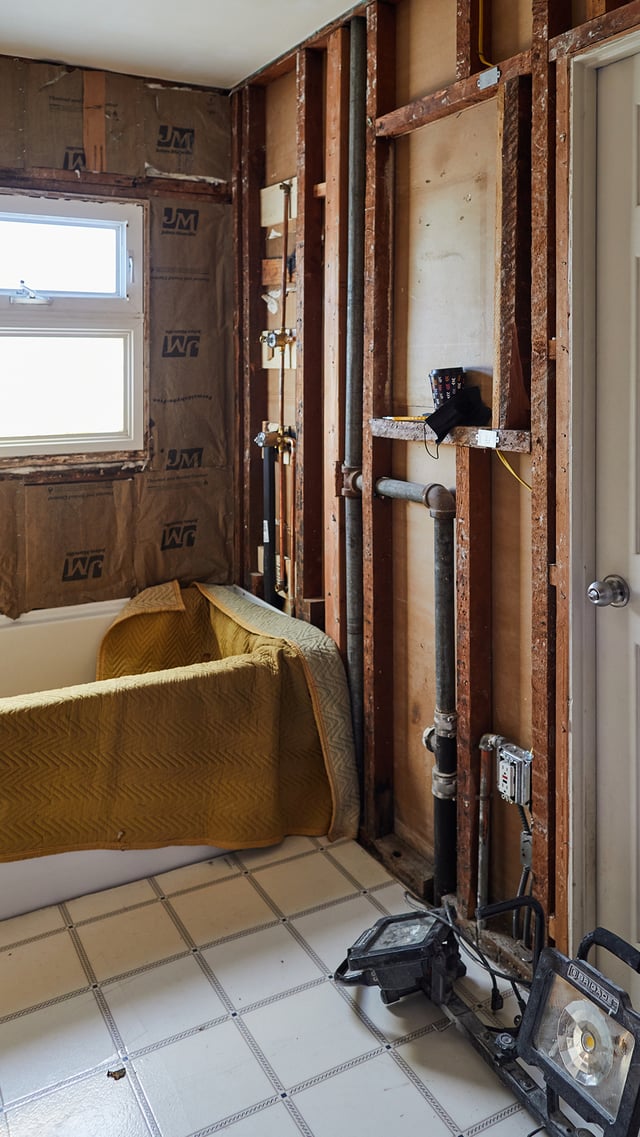
Process
Gutting a Bathroom: What It Entails, Costs & Timeline
07.15.2025
Renovate confidently